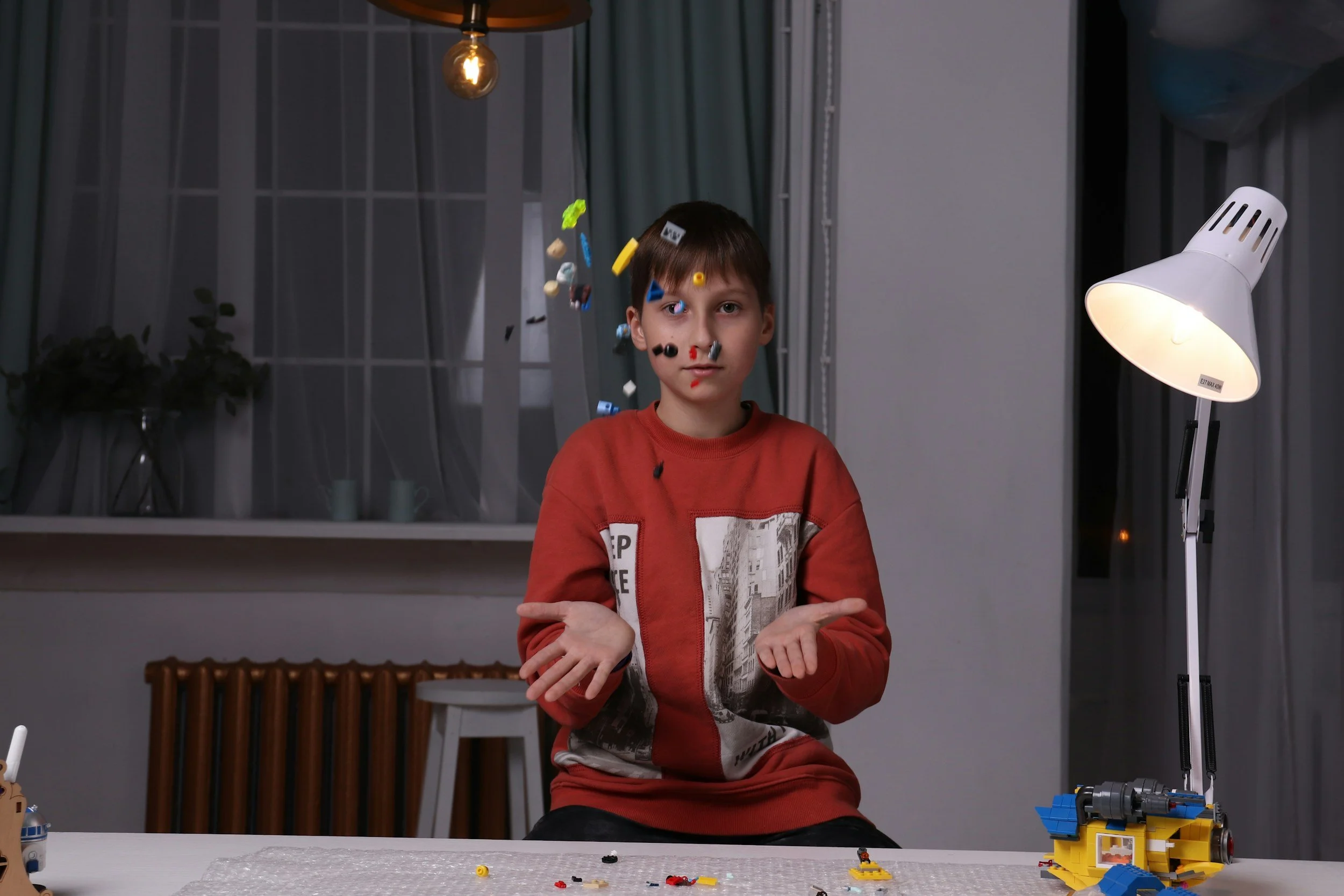
Autism Spectrum Disorder (ASD) Testing
Discover Your Strengths. Get Clarity with ASD Testing Today
Understanding ASD Testing
ASD testing is a comprehensive evaluation of social, communication, behavioral, and cognitive functioning. It helps both children and adults understand their strengths, challenges, and unique ways of experiencing the world.
Key areas assessed include:
Social communication – social cues, perspective-taking, conversation flow
Behavioral patterns – repetitive behaviors, sensory sensitivities, reliance on routines
Executive functioning – organization, planning, flexibility, attention
Emotional regulation – managing stress, anxiety, frustration
At PBA Psychology, ASD testing is often part of comprehensive psychological or neuropsychological evaluations, ensuring accuracy and practical recommendations.
Impacts of Undiagnosed Autism
When autism goes unrecognized, it may affect:
Self-esteem: feeling “different” or misunderstood
Relationships: challenges with communication may strain connections
Stress & anxiety: difficulty adapting to change can create ongoing stress
School & work performance: multitasking, collaboration, and flexibility may be difficult
👉 ASD testing gives you tools and strategies to thrive in school, work, and relationships.
Real-Life Stories
Jason, age 28 – Adult Example
Jason, a software engineer, struggled with social cues and workplace anxiety. After ASD testing at PBA Psychology, he received a late diagnosis of high-functioning autism. With personalized strategies and accommodations, Jason is now thriving both professionally and personally.
Emma, age 9 – Child Example
Emma had trouble making friends and became upset with changes in her school routine. ASD testing led to a clear diagnosis and school supports, boosting her confidence and friendships.
Visual Suggestion: Side-by-side graphic – “ASD Testing Success: Child & Adult Journeys.”
Why Consider ASD Testing?
Many individuals—particularly those with high-functioning autism or who are diagnosed later in life—may not realize they are on the spectrum until challenges build up.
Signs you or your child may benefit from testing:
Difficulty understanding social cues or maintaining relationships
Feeling isolated or misunderstood
Struggles in school, work, or daily routines
Sensory sensitivities or overwhelm with changes
Ongoing stress, anxiety, or emotional overwhelm
✅ Testing provides clarity, validation, and actionable direction.
What ASD Testing Can Reveal
✅ Formal diagnosis (or ruling out ASD)
✅ Insight into cognitive, social, and emotional functioning
✅ Recommendations for school supports (IEPs, 504 Plans, interventions)
✅ Guidance for workplace accommodations (structured routines, sensory supports)
✅ Tailored therapy recommendations (CBT, social skills training, occupational therapy)
✅ Referral to medical, therapeutic, or community supports
Let’s Take the Next Step Together
Psychoeducational vs. Neuropsychological Testing
Psychoeducational Testing (students):
Focus on academics, learning style, and social-emotional growth
Results guide IEPs and classroom supports
Neuropsychological Testing (adults & complex cases):
In-depth look at cognition, executive function, and emotional processing
Helps distinguish ASD from ADHD, anxiety, or other conditions
WE CAN HELP.
REACH OUT TODAY.
Direct Email: info@pbapsychology.com
Phone: 310.271.2275
BEVERLY HILLS LOCATION
9350 Wilshire Blvd, Suite 212
Beverly Hills, CA 90212
DOWNTOWN LA LOCATION
714 W. Olympic Blvd, Suite 926
Los Angeles, CA 90015
Why Choose PBA Psychology?
At PBA Psychology, ASD testing is conducted within a comprehensive psychological framework to ensure:
Accurate, evidence-based diagnosis
Clear recommendations tailored to school, work, and daily life
Supportive guidance for therapy, accommodations, and long-term success
Take the Next Step
If you or your child are struggling with social communication, emotional regulation, or executive functioning, ASD testing may provide the answers you need.
At PBA Psychology, we specialize in evidence-based ASD evaluations for children, teens, and adults—including those with high-functioning or late-diagnosed autism.








